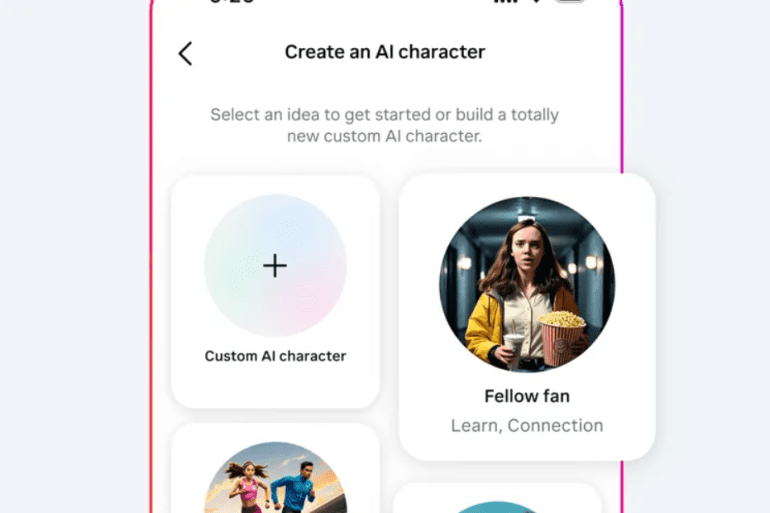- Meta has launched AI Studio, allowing US Instagram users to create personalized AI avatars.
- AI avatars can interact with followers via direct chats and comments on behalf of their creators.
- Users can customize avatars based on Instagram content, topics, and links.
- AI Studio supports the creation of new AI characters for use across Meta’s platforms.
- The new tool positions Meta against AI chatbot startups like Character.AI and Replika.
- Meta’s initial AI approach involved celebrities to avoid misuse but acknowledges ongoing risks with generative AI.
- AI profiles will be clearly labeled, and a creator handbook will guide the AI creation process.
Main AI News:
Meta is expanding its innovative AI capabilities with the launch of AI Studio, a groundbreaking tool that allows Instagram users in the US to create personalized AI versions of themselves. This new feature, accessible through Instagram or its website, is set to transform how creators and businesses interact with their audiences. By using AI avatars, they can now maintain engagement through direct chat conversations and respond to comments on their behalf.
The AI Studio enables users to tailor their AI avatars based on their Instagram content, preferred topics, and specific links they wish to share. Creators have the flexibility to control the interactions of their AI avatars, including enabling or disabling auto-replies and specifying which accounts the AI can engage with. This level of customization aims to provide a more authentic and interactive experience for followers.
In addition to personal avatars, AI Studio supports the creation of entirely new AI characters that can be deployed across Meta’s suite of apps. This move positions Meta to directly compete with existing AI chatbot platforms like Character.AI and Replika, which have gained popularity for their themed chatbots. Similar to OpenAI’s custom GPT store, Meta plans to showcase user-created AI characters, allowing others to interact with these avatars.
Meta’s initial foray into this space involved a select group of celebrities who created AI versions with distinctive names and personas. This approach was adopted to mitigate risks associated with AI representations potentially making controversial statements. Despite these measures, Meta acknowledges that managing generative AI remains complex. The company is committed to transparency, ensuring that AI profiles are clearly labeled wherever they appear.
A detailed handbook for creators provides guidance on the AI creation process, emphasizing the importance of setting boundaries on topics the AI should avoid. For example, users can instruct their AI avatars not to respond to sensitive questions like, “Should I invest in crypto?” This proactive approach aims to balance innovation with responsible AI use, offering a new level of engagement while addressing potential risks.
Conclusion:
Meta’s introduction of AI Studio represents a significant advancement in how users and businesses engage on social media. By offering customizable AI avatars, Meta aims to enhance interaction and maintain user engagement in innovative ways. This move places Meta in direct competition with established AI chatbot platforms, potentially reshaping the landscape of AI-driven communication tools. The emphasis on clear labeling and creator control reflects a proactive approach to managing the complexities of generative AI, balancing innovation with responsible usage. As AI Studio gains traction, it could set new standards for user engagement and drive further developments in personalized digital interactions.

